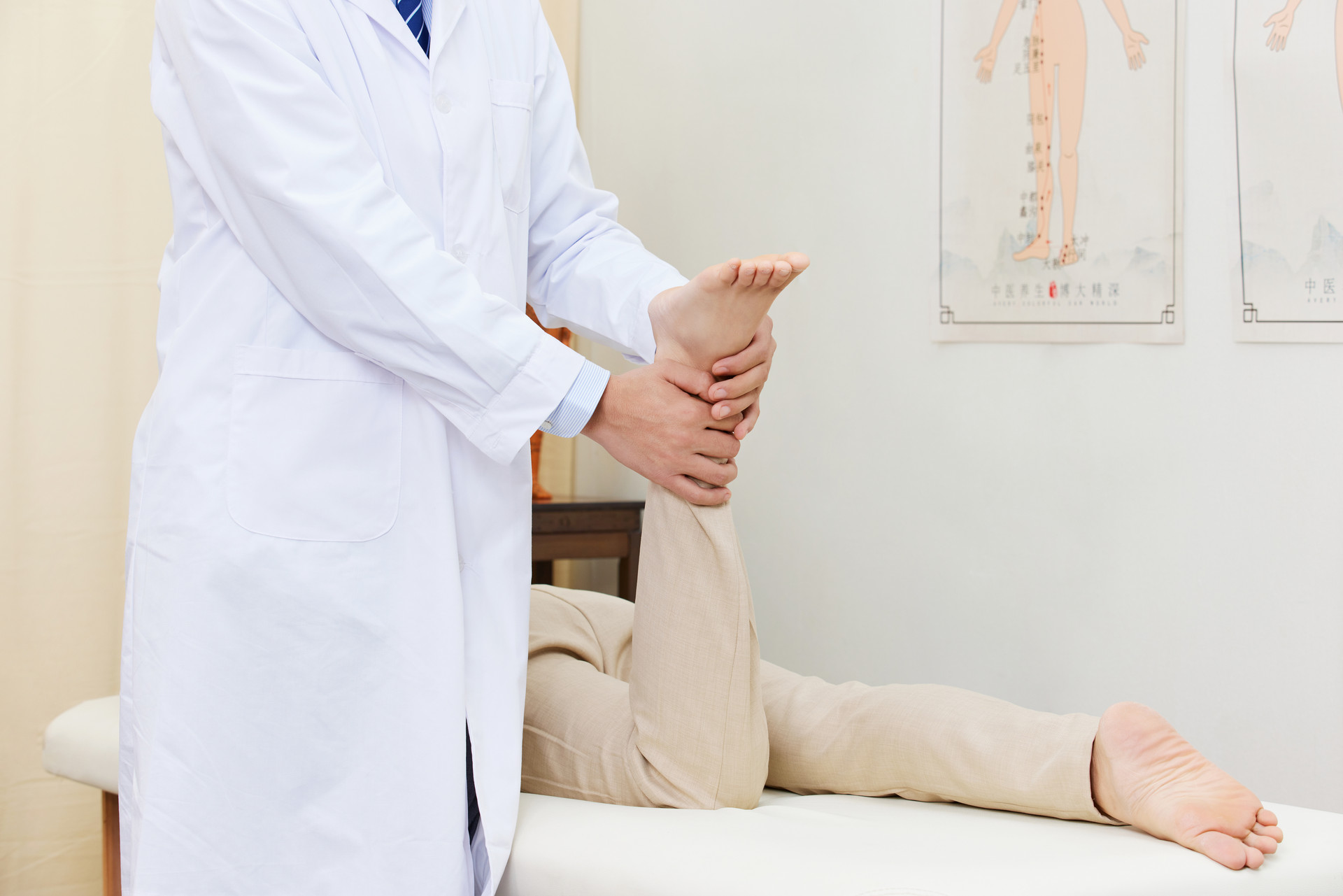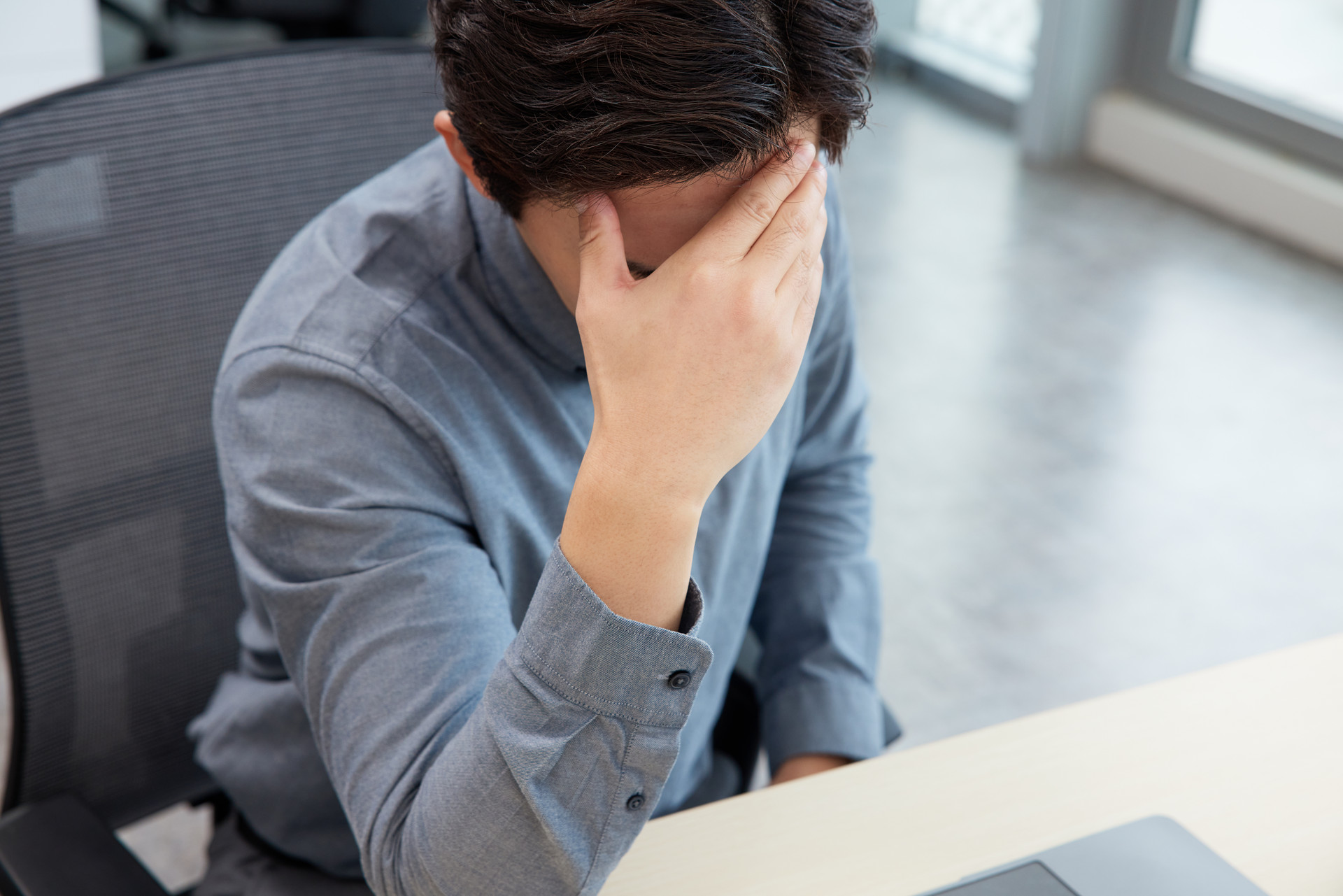Many middle-aged men have cars and elevators, and they spend long periods of time sitting. They are often in a "static" state. Statistics from the Ministry of Health also show that the proportion of urban residents in China who exercise follows a "high at both ends, low in the middle" pattern. Only 16% of middle-aged people have exercise habits, while 53% of elderly people have exercise habits.
For middle-aged men, exercise is particularly important as life depends on movement. According to research, after the age of 35, muscle strength in men decreases by 10%-20% every 10 years. After the age of 40, overall body function generally declines, but actively participating in sports can delay organ aging. It can improve health, prevent diseases, boost spirits, and improve mental state.
On the contrary, lack of necessary leisure activities or physical exercise can lead to muscle atrophy, poor physical condition, and poor health.
First: Lack of exercise can cause muscle relaxation and weakness, making it easy to suffer from exercise-related injuries. Sometimes, even a simple action like bending down to pick up a pencil or changing a light bulb on the ceiling can strain the back or neck of someone who lacks exercise.
Second: Due to lack of exercise and proper training, those who sit for long periods of time and rely on cars for transportation may experience excessive strain on muscles and ligaments in the neck, shoulders, back, and waist. Over time, this can easily lead to cervical spondylosis, frozen shoulder, lumbar disc herniation, and other joint diseases.
Third: Lack of exercise can lead to hypertension. The incidence of cardiovascular diseases such as arteriosclerosis and heart disease is much higher in people who do not exercise regularly.
Fourth: Lack of exercise can weaken the immune system. Prolonged lack of exercise can lower the body's immune system function, reducing its ability to resist bacteria and viruses.
Fifth: With a high-paced and efficient working style, men are prone to a series of emotional changes such as anxiety and depression, which are closely related to a lack of exercise.
For the health damage caused by lack of exercise, relying solely on injections, medication, or so-called "supplements" to passively improve physical condition is ineffective.










